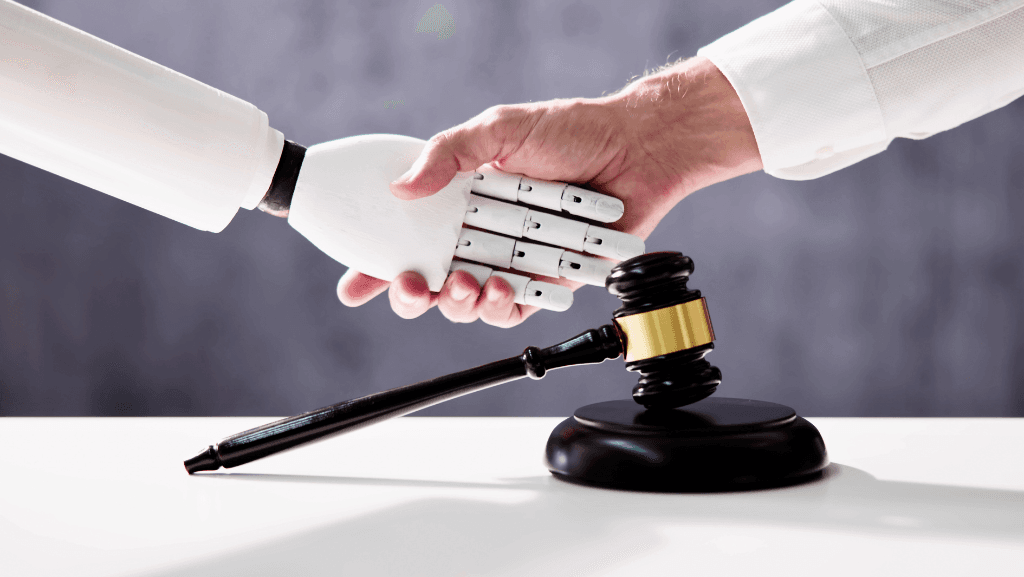
Transformative Fair Use in AI: Key Insights from California Courts
California judges hint that AI training using copyrighted content may qualify as transformative fair use, but legal clarity hinges on market impact and intent.
Two federal judges in California are signalling a pivotal shift: using copyrighted materials to train artificial intelligence may qualify as transformative, a key factor supporting fair use protections. This emerging stance could significantly influence major ongoing cases involving Meta Platforms and Anthropic as courts weigh whether AI training constitutes fair use.
Judges Lean Toward Transformation
In recent hearings, judges in separate California copyright cases suggested that AI systems’ training processes—where copyrighted text or code is ingested to improve model performance—are fundamentally different in purpose from original works. Their comments reflect a focus on the “first fair use factor” as central in evaluating such usage.
While neither case has reached a final ruling, early remarks suggest that both courts see AI training as potentially fair, especially when the output is novel and does not compete directly with original works.
Meta and Anthropic Not in the Clear
Despite this tilt, the judges cautioned that transformative use alone may not be sufficient for full fair use protection:
-
In Meta’s case, authors allege the company used digital copies of books without permission. Although Meta argues the use is transformative, the court noted the importance of considering factors like market substitution—whether AI use harms the original market.
-
Meanwhile, in Anthropic’s lawsuit, the judge acknowledged that while training AI models could be transformative, initial copying of pirated text may still constitute infringement, even if later processing is fair.
A worthwhile read: AI Outperforms Law Students on Final Exams
Understanding Fair Use Factors
In determining fair use under 17 U.S. Code § 107, courts weigh four factors:
-
1. Purpose & Character (transformative vs. commercial)
-
2. Nature of the Work
-
3. Amount & Substantiality
-
4. Effect on the Market—often seen as decisive
While judges appear receptive to transformation, they reiterated that market impact remains a complex and critical issue, an uncertain outcome in AI cases.
Broader Legal Context
Recent rulings like Thomson Reuters v. Ross Intelligence reflect scepticism toward fair use in AI training when it resembles commercial competition. The U.S. Copyright Office has noted that courts may favour transformation but remain wary of unlicensed use when an existing market is harmed.
On the international front, Getty Images v. Stability AI in the UK underscores the global pressure on AI developers to obtain licenses when using copyrighted content.
Expert Insight
Sunil Ambalavelil, Chairman of Kaden Boriss and veteran UAE-based legal advisor, offered his perspective:
“California judges' preliminary openness to transformative AI training highlights an evolving balance in copyright law. However, affirming fair use will hinge on nuanced market harm analysis. Internationally, businesses must prepare for stricter licensing regimes—transformative use alone may not suffice.”
Key Takeaways
-
CA judges lean toward recognising transformative training as fair use
-
Meta and Anthropic still face scrutiny over initial copying and market impact
-
Fair use analysis remains fact-specific and multi-factorial
-
Recent rulings and regulatory guidance signal heightened scrutiny on market effects
-
Developers and rights-holders should monitor evolving global licensing norms
As California courts issue guidance, the coming months could yield landmark fair use decisions that define the limits of AI training on copyrighted works.
For any enquiries or information, contact info@thelawreporters.com or call us on +971 52 644 3004. Follow The Law Reporters on WhatsApp Channels